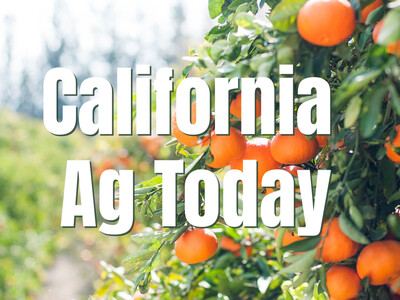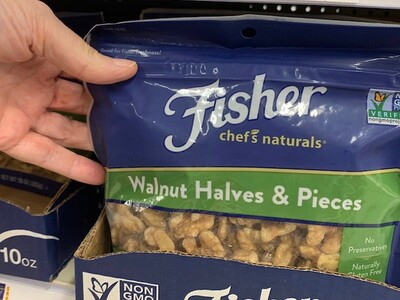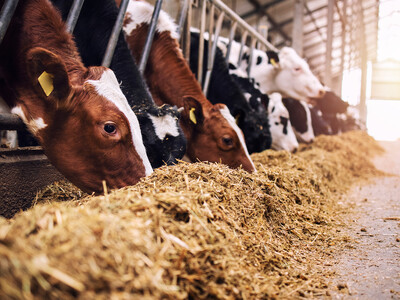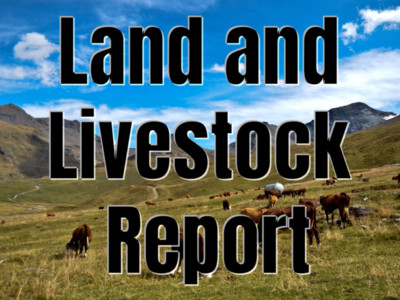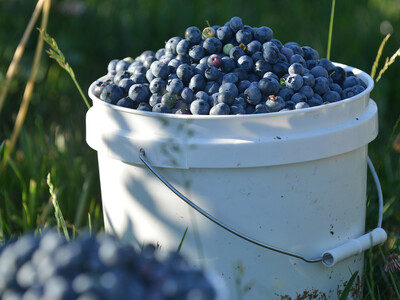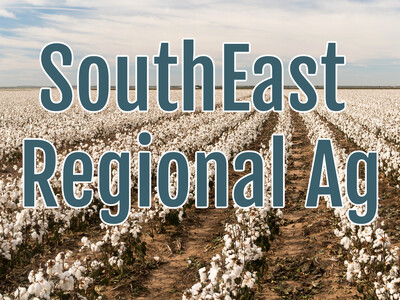Getting Ready for Fire Season & Canada Beats U.S.
Getting Ready for Fire Season & Canada Beats U.S. plus Food Forethought. I’m Greg Martin with today’s Northwest Report.
A collaborative wildfire management effort will begin to address regional and local strategies and issues in the coming year and a half. USDA Deputy Under Secretary Jay Jensen gives examples of how a collaborative wildland fire management plan could be regionalized to address specific area-wide issues.
JENSEN: Out west a lot of the focus may be on, as well as fire prevention, as well as on fuel reduction. So you make sure that we’re actually reducing those fuel loads in the right place in particular with things like bark beetle impacts that we are seeing right now. We’re very concerned about those communities that are close by and those bark beetle infested areas where we’ve had over 40-million acres impacted by bark beetle over the past few decades so that’s how we’re going to translate and step it down into some specific places.
There has been a bit of a race going on when it comes to securing free trade agreements and last week, Canada’s Constitutional Court gave the go-ahead to place into effect a free trade agreement between Canada and Colombia. The agreement could take effect as soon as July 1. The National Association of Wheat Growers is quick to point out the Colombia-Canada agreement has moved with lighting speed compared to a similar measure negotiated between Colombia and the U.S. that has yet to be sent to Congress for approval.
Now with today’s Food Forethought, here’s Lacy Gray.
With what seems like an ongoing vendetta against agriculture, it seems eventually the only type of business that will remain in California will be the silicone business. The state’s continuing onslaught against all forms of agriculture, through initiatives imposing impossible to meet standards based on environmental fantasies rivaling even Hollywood, point to the implosion of California. From the poultry and dairy farmers, to the wine grape growers the effects of California’s ever tightening death grip on agriculture there is taking its toll. Acres and acres of prime agricultural land are out of production simply because it doesn’t make sense to invest thousands of dollars into an operation that will eventually face destruction due to governmental restrictions on water, animal agriculture practices, and air quality. And while California’s government entities go after farmers and ranchers they seem to have no qualms about the amount of toxic waste and trash continually “dumped” throughout the states’s rural areas. The mass exodus out of California for more hospitable states right now makes the gold rush into California pale in comparison.
Thanks Lacy. That’s today’s Northwest Report. I’m Greg Martin on the Ag Information Network.






